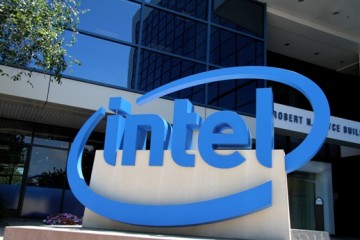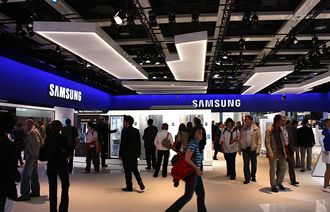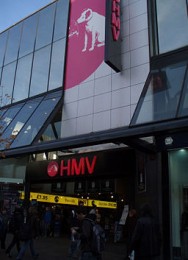 Low profits within the LCD market born from cooperation between tech companies, will lead to a continuous spree of patent spats, an analyst has warned.
Low profits within the LCD market born from cooperation between tech companies, will lead to a continuous spree of patent spats, an analyst has warned.
The comments from Bob Raikes, principal analyst at Meko, come as yet another two companies went to war late last week over patent infringement claims. This time it was Samsung who went after its rival LG, filing a suit and seeking invalidation of its patents on LCDs.
However LG was not blameless in the spat, kicking off the fight last month when it raised three patent infringement claims on LCD technologies against Samsung. In court documents filed last month in the Seoul Central District Court LG pointed the finger at its enemy, claiming that the Samsung Galaxy Note 10.1 infringed on three different patents related to LG’s In-Plane Switching (IPS) technology.
This led Samsung to retaliate with a an intellectual property tribunal, where it moaned to the court that three LCD patents held by LG Display were invalid as a result of existing patents on the same technology.
The spat is just one of many to come from tech companies with patent infringement claims been thrown about left, right and centre.
Samsung has had its fair share, going to war with LG in the past as well as well publicised disputes with Apple in the US.
However, it seems the war within the LCD and OLED markets may continue.
“The period of the development of LCD has been a period of cooperation and
competition,” Mr Raikes told ChannelEye.
“Basically, everybody uses very similar technology, materials and equipment. As a
result the industry grew very quickly and costs came down very rapidly. However, nobody made any money.
“For OLED (and there are no other technologies currently on the horizon),
the companies are trying to make profit, so there is relatively little cooperation. They know this is going to be slower, but they don’t want a repeat of the financial mess that the LCD industry is in.
“LG and Samsung use different technology, materials and manufacturing
techniques and equipment. Sony & Panasonic & AUO are collaborating on parts
of the technology, but only parts. They use different materials and techniques to the two Koreans.
“All of them will fight over who is doing what to try to protect their uniqueness.”



















